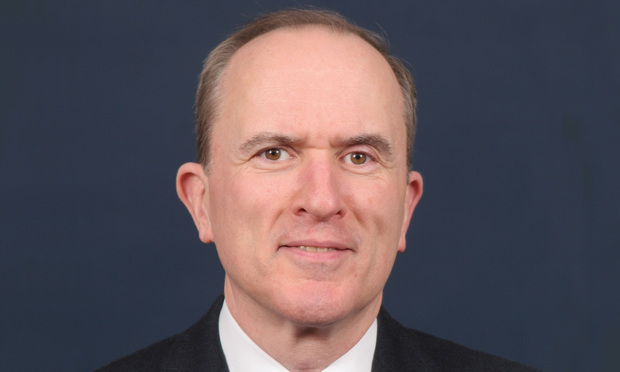One of the many powers reserved to the states in our system of government is the power to license and supervise the practice of the professions, including the practice of medicine. Historically, each state has set its own requirements for physicians to obtain a license to practice medicine within its borders. These requirements usually include graduation from an accredited medical school; completion of post-graduate residency or internship training in an accredited hospital training program; passing a licensing examination; completion of continuing medical education credits; and so on. The state may also investigate whether a physician applicant for a medical license has any criminal convictions, any past or pending disciplinary actions, any mental or physical impairment, or whether the applicant has caused any harm to patients.
This licensure process is regarded as a critical police power of the state that is intended to protect the health and safety of any patient who will receive medical treatment from the physician. Regulation of the practice of medicine in New York can be traced as far back as 1684, when it was a British colony.1 New York’s process for licensing physicians has traditionally been comprehensive and rigorous.2
This content has been archived. It is available through our partners, LexisNexis® and Bloomberg Law.
To view this content, please continue to their sites.
Not a Lexis Subscriber?
Subscribe Now
Not a Bloomberg Law Subscriber?
Subscribe Now
LexisNexis® and Bloomberg Law are third party online distributors of the broad collection of current and archived versions of ALM's legal news publications. LexisNexis® and Bloomberg Law customers are able to access and use ALM's content, including content from the National Law Journal, The American Lawyer, Legaltech News, The New York Law Journal, and Corporate Counsel, as well as other sources of legal information.
For questions call 1-877-256-2472 or contact us at [email protected]



